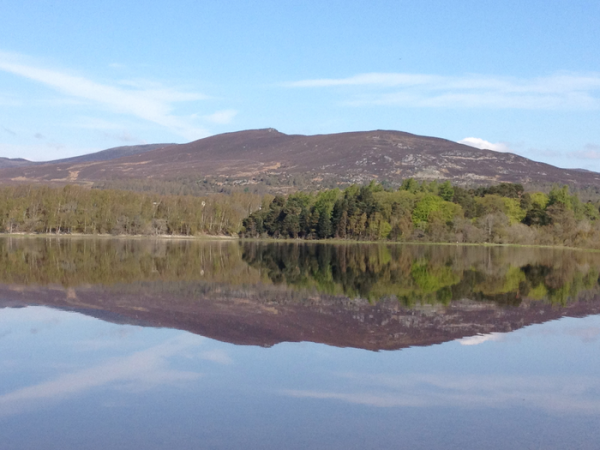Research led by the University of Southampton has revealed that an abrupt change in climate conditions in the North Atlantic around 800 years ago played a role in a decline in Atlantic salmon populations returning to rivers. Subsequent human exploitation of salmon combined to reduce their populations still further.
Findings point to large-scale changes in the marine habitat, brought on by a transition from a warm to a cold climate and what is now known as the Little Ice Age (approx. 1300–1850), corresponding with a decline in salmon in the River Spey, Scotland.
Lead author, Professor David Sear of Geography and Environmental Science at the University of Southampton said: “These results can help us understand some of the controls on salmon populations prior to and during major human exploitation.
“Our study shows that historically, beavers – common in Scotland hundreds of years ago – do not appear to have significantly impacted salmon numbers. This is very relevant today, as the animals are being reintroduced to UK rivers and a debate continues about their potential impact on migratory species like salmon.”
Read more at University of Southampton
Image: Loch Insh in Scotland where the study took place. (Credit: University of Southampton)


